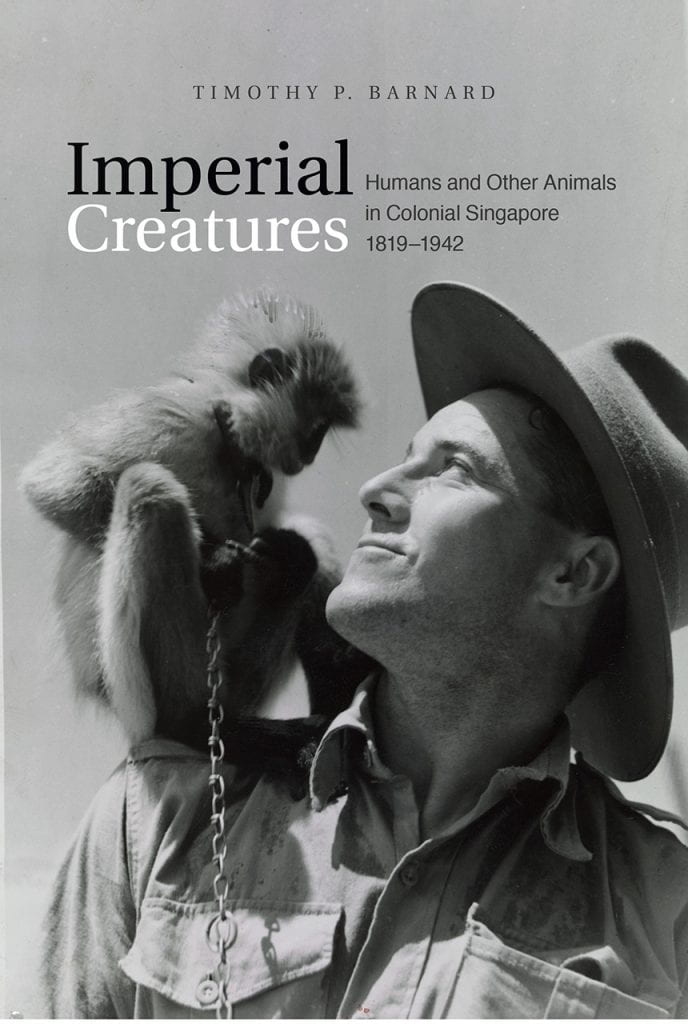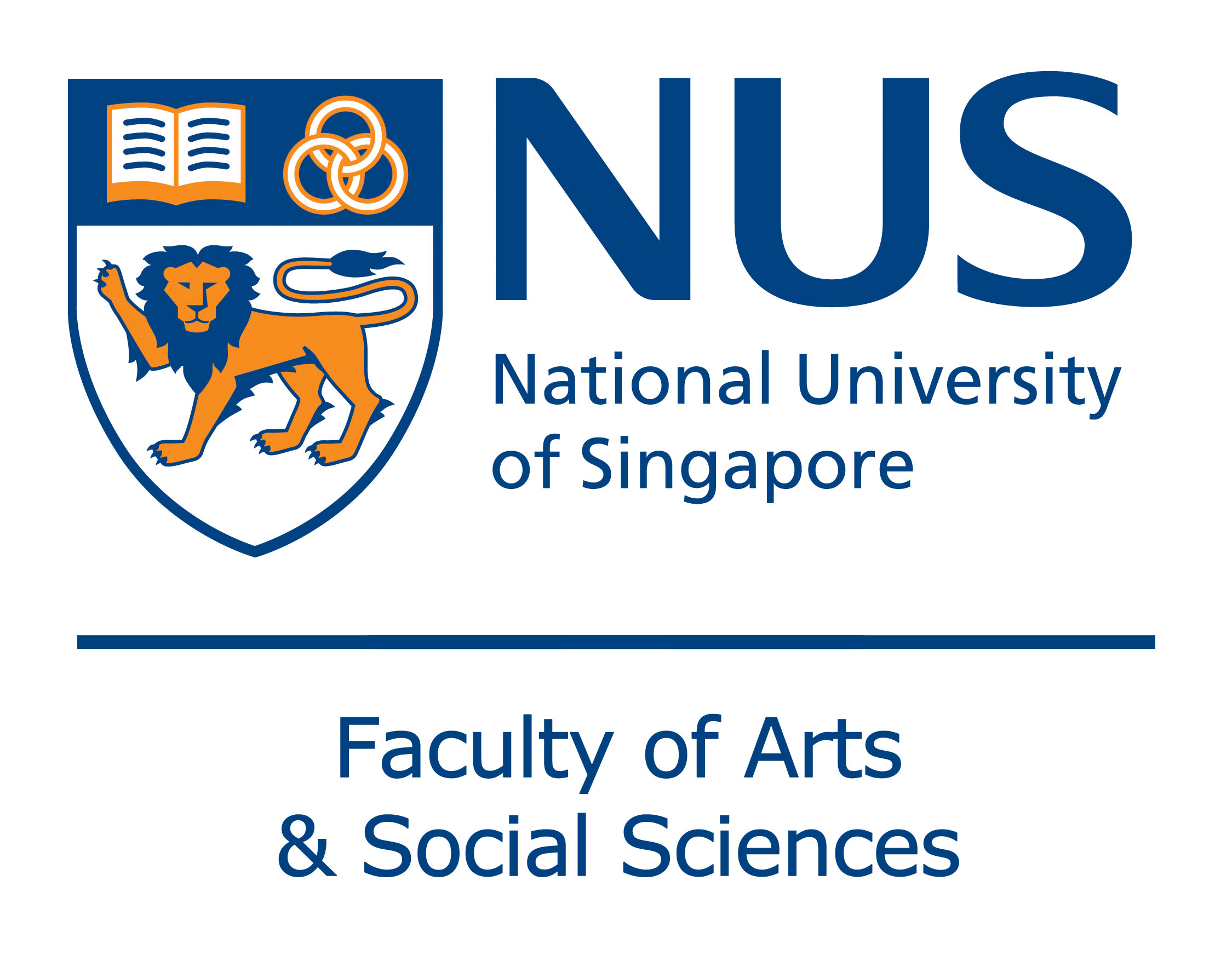Imperial Creatures: Humans and Other Animals in Colonial Singapore, 1819–1942
Date & Time: Wednesday, 12 February 2020, from 6:00 to 8:30 pm
Venue: The Pod, NLB
Organizers: Singapore Research Nexus
RSVP at https://www.eventbrite.sg/e/imperial-creatures-humans-and-other-animals-in-colonial-singapore-181919-registration-77088051437
Programme
| 6:00 pm | Registration/Refreshments/Book Sale |
| 6:30 pm | Welcome Remarks by Chair, Associate Professor Maitrii Aung-Thwin (NUS History/Asia Research Institute) |
| 6:35 pm | Presentation by Associate Professor Timothy P. Barnard (NUS History) |
| 6:55 pm | Presentation by Assistant Professor Anthony Medrano (Yale-NUS) |
| 7:15 pm | Presentation by Assistant Professor Darinee Algirisamy (NUS South Asian Studies) |
| 7:35 pm | Q and A/Discussion, Moderated by Chair |
| 8:05 pm | Book Sale with Autograph Signing |
About the Book
Imperial Creatures: Humans and Other Animals in Colonial Singapore, 1819-1942
Timothy P. Barnard
NUS Press
The environmental turn in the humanities and social sciences has meant a new focus on the  history of animals. This is one of the first books to look across species at animals in a colonial, urban society. If imperialism is a series of power relationships, it involves not only the subjugation of human communities but also animals. What was the relationship between these two processes in colonial Singapore? How did various interactions with animals enable changes in interactions between people, and the expression of power in human terms?
history of animals. This is one of the first books to look across species at animals in a colonial, urban society. If imperialism is a series of power relationships, it involves not only the subjugation of human communities but also animals. What was the relationship between these two processes in colonial Singapore? How did various interactions with animals enable changes in interactions between people, and the expression of power in human terms?
The imposition of imperial power relationships was a process that was often complex and messy, and it led to the creation of new communities throughout the world, including the colonial port city of Singapore. Through a multidisciplinary consideration of fauna, this book weaves together a series of tales to document how animals were cherished, slaughtered, monitored and employed in a colonial society, to provide insight into how imperial rule was imposed on an island in Southeast Asia. Fauna and their histories of interacting with humans, thus, become useful tools for understanding our past, revealing the effects of establishing a colony on the biodiversity of a region, and the institutions that quickly transformed it. All animals, including humans, have been creatures of imperialism in Singapore. Their stories teach us lessons about the structures that upheld such a society and how it developed over time.
Author Bio
Timothy P. Barnard is an associate professor in the Department of History at the National University of Singapore, where he specializes in the environmental and cultural history of island Southeast Asia.
Speaker Bios
Anthony Medrano is a historian of the Asian marine environment who studies the interplay between people and fish, science and society, and technology and nature.
Darinee Algirisamy’s work engages with the history of poverty and social reform in colonial India, with a focus on South India, between the late nineteenth and mid-twentieth centuries. The transnational circulation of Indian reform movements in Southeast Asia and the history of the Tamil diaspora are related areas of interest.
Chair Bio
Maitrii Aung-Thwin received his PhD from the University of Michigan (2001) where he studied Burmese and Southeast Asian history. He has lived and conducted research in Southeast Asia for nearly two decades.


You must be logged in to post a comment.